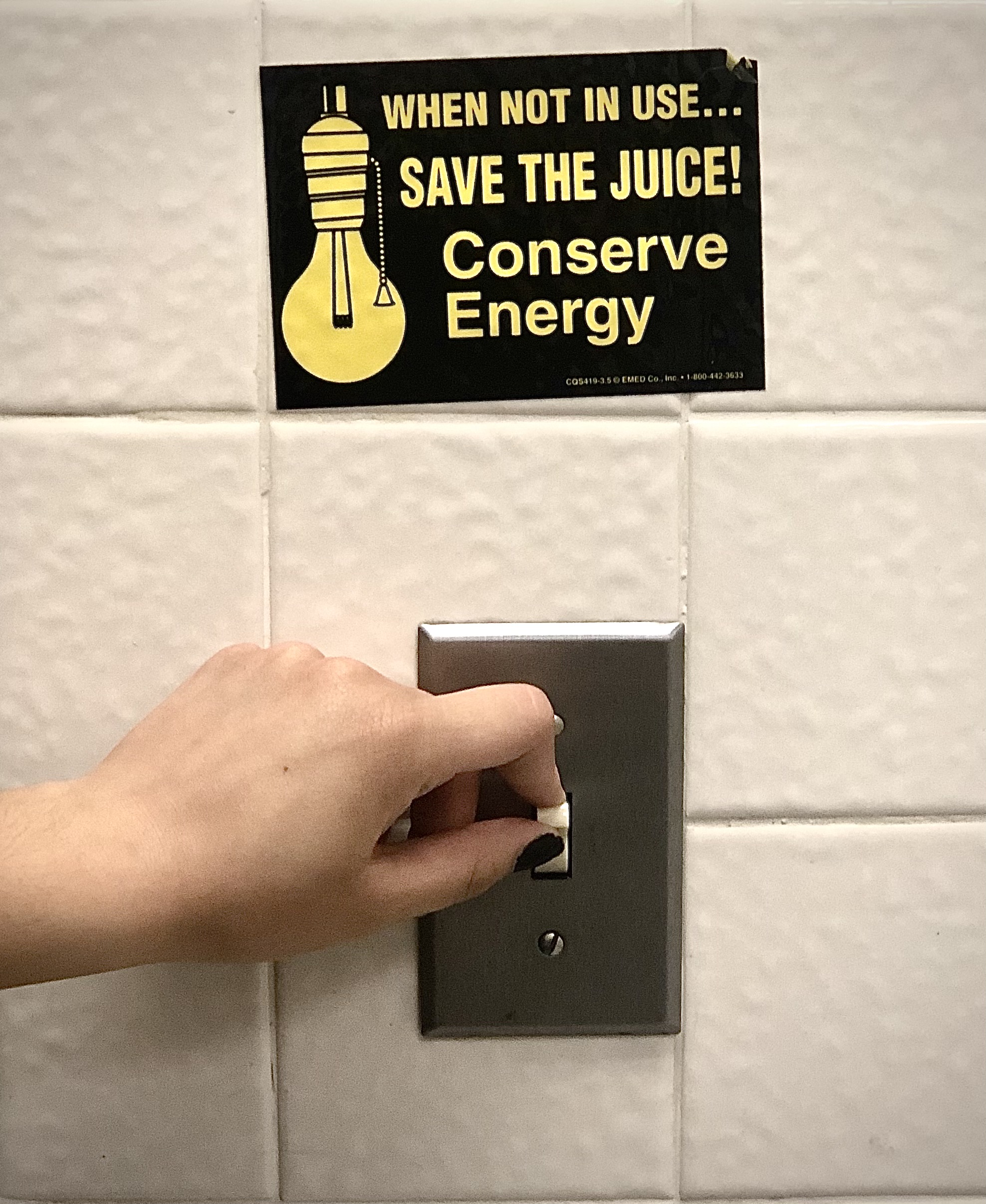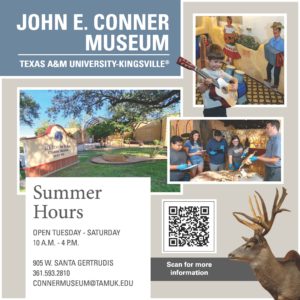TAMUK tackles Texas heat
Texas residents have been experiencing a persistent heat wave in recent weeks, with the heat index soaring to 115 degrees or higher and 20 consecutive days under heat advisories.
As a result, the Electric Reliability Council of Texas (ERCOT) has urged residents to reduce their electricity consumption. This has prompted many Texans to explore energy conservation measures.
TAMUK has also been grappling with energy usage and conservation amid the scorching temperatures.
Chris Vera, associate vice president of campus operations, noted that the university has encountered some challenges because of the excessive heat.
“To maintain a comfortable indoor environment in our buildings, we have to use more energy than usual during peak hours,” Vera explained. “It’s unusual to see this level of increased energy consumption so early in the summer, given the area’s hotter-than-average temperatures.”
Vera added that the summer heat has taken a toll on older campus buildings, and the university is taking measures to mitigate the impact.
“Conserving energy in some of our older buildings can be challenging because the systems in those buildings are less advanced than in our newer or recently renovated buildings,” Vera said. “One way we can save energy in those older facilities is by maintaining overnight temperatures between 75 and 84 degrees, but we can only do this in buildings where we can monitor humidity through automated control.”
Vera also emphasized that TAMUK has a plan in place for emergency situations such as rolling blackouts.
“If we receive advance notice of rolling blackouts, we try to reduce power consumption as much as possible to minimize the energy impact during peak demand times,” Vera said.
In the event of a complete air conditioning failure, the TAMUK Emergency Management Team will provide temporary power and cooling solutions, such as portable generators chillers, and pumps, while permanent equipment is being procured.
Gilbert Espinoza, a maintenance supervisor at Newman Hall, also discussed the challenges that come with maintaining safe conditions while working.
“We try to hydrate as much as possible and take breaks when we expect to be outdoors for long periods of time,” Espinoza said.
He also explained how the AC units in Newman are working to combat the heatwaves.
“Our units are 10 years old and we are trying our best to keep them in good conditions,” Espinoza said.
Vera is confident that “our facilities are better equipped to handle the summer heat than ever before.”
He encourages students and staff to contribute to energy conservation efforts on campus by turning off lights, computers and projectors when not in use, particularly when leaving for the day or the weekend.

